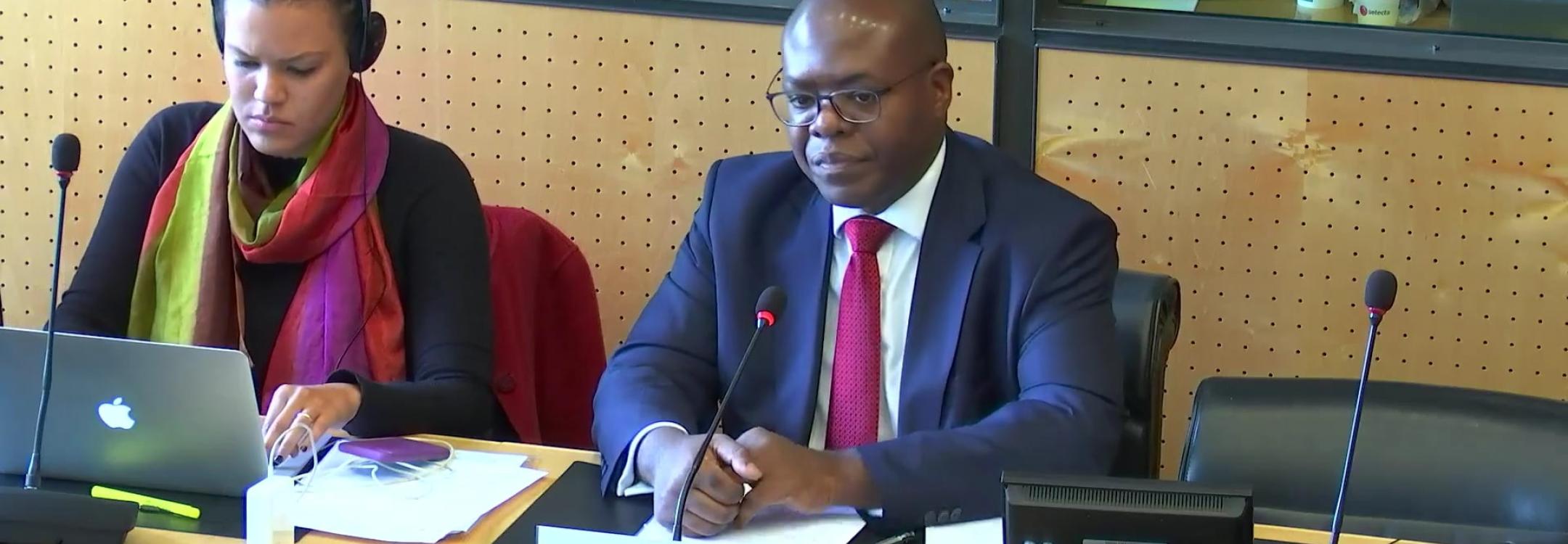
The UN Committee Against Torture highlighted four key areas of concern in its review of Brazil: the size of the prison population, systemic police brutality toward people of African descent, the conduct of pre-trial detention hearings, and the need to strengthen the national system to prevent torture.
Held on 20 April 2023, it was the first review of Brazil in more than twenty years. The last review took place in 2001.
The Committee asked Brazil’s delegation what measures are currently being taken to implement the National System to Prevent Torture and to ensure coordination and effective functioning of the federal system at the state level.
Sixteen years after ratifying the Optional Protocol to the Convention against Torture, local preventive mechanisms have been established in just four of Brazil’s 27 states.
Brazil was reminded by the Committee that the federal structure of a country cannot be an excuse to limit the federal government's obligation to uphold its international commitments.
The Committee also acknowledged the important work of Brazil’s National Preventive Mechanism, which attended the session and submitted a parallel report to the review.
We intend to make the National Mechanism for the Prevention of Torture a model to be implemented in all 27 states of the Federation of Brazil … It is our responsibility before the international community … It is our responsibility to the Brazilian people."
The Committee noted that Brazil has the third-largest prison population in the world. Brazil’s delegation was asked about the sharp increase in women being incarcerated, commonly for drug-related offences, and if Brazil will review its punitive drug policies.
Pre-trial detention hearings – or ‘custody hearings’ – held within 24 hours of a person’s detention are a key safeguard to assess the legality of a person’s detention, prevent arbitrary deprivation of liberty, and investigate signs or allegations of torture.
However, the COVID-19 pandemic led to the suspension of in-person custody hearings in Brazil, with a growing reliance on videoconferencing. In some instances, detainees attend ‘virtual’ custody hearings from the police station in which they were held.
The Committee stressed the importance of resuming face-to-face custody hearings across the country. In response, the Brazilian authorities expressed agreement that custody hearings should be held in person to be effective in combating torture.
Finally, the Committee noted that people of African descent are disproportionately affected by police violence in Brazil and that racial profiling is embedded in policing and law enforcement. Brazil was urged to quickly implement measures to address the disproportionate impact of the criminal justice system on young black men.
“Structural racism needs to be eliminated in order to fulfil the State obligations under the Convention against Torture,” Committee member Maeda Naoko said.
The APT participated in the dialogue session between civil society organisations and Committee members, along with national and international partners. We also submitted a parallel report to the Committee to raise concerns about the functioning of the National System to Prevent Torture, respect for safeguards in the first hours of detention, and the worrying expansion of military jurisdiction.
“We were heartened that the Brazilian authorities expressed a commitment to take steps towards implementation of local preventive mechanisms in all 27 states and to resume face-to-face pre-trial detention hearings,” said Sylvia Dias, APT Senior Legal Adviser and National Representative for Brazil.
“The APT will continue to provide information and advice to ensure Brazil meets its international human rights obligations.”
The Committee’s report of its dialogue with Brazil is available online, with concluding observations on the report of Brazil to be published at the end of the current session.